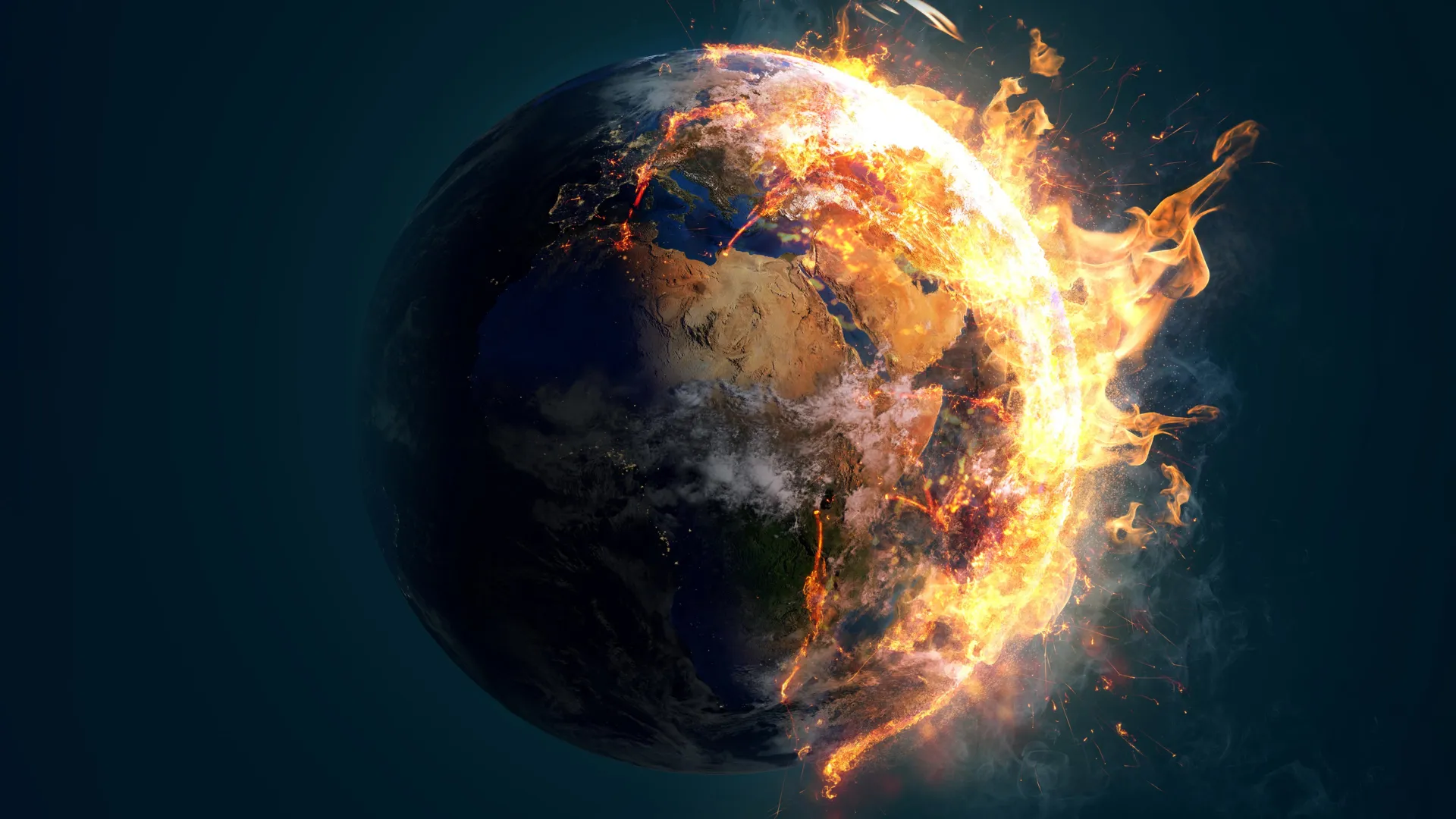Now Reading: Oceans Overheat as Experts Warn of Looming Climate Tipping Point
1
-
01
Oceans Overheat as Experts Warn of Looming Climate Tipping Point
Oceans Overheat as Experts Warn of Looming Climate Tipping Point

Quick Summary
- Unprecedented marine heatwaves in 2023: Global Marine Heatwaves (MHWs) were notably intense, widespread, and persistent.
- Severe ecological and economic impacts: MHWs caused coral bleaching, mass mortality events in marine ecosystems, and disruptions to fisheries and aquaculture.
- Human-driven climate change as a key factor: The frequency and intensity of MHWs are accelerating due to anthropogenic climate alterations.
- Scope of impact: Heat anomalies affected 96% of the global ocean surface, with North Atlantic, Tropical Eastern Pacific, North Pacific, and Southwest Pacific accounting for 90% of warming anomalies.
- Duration records broken: In the North Atlantic region alone, one heatwave persisted for 525 days starting mid-2022; El Niño in Tropical Eastern pacific saw temperature hikes up to +1.63°C.
- Research findings on drivers: Regional causes include reduced cloud cover increasing solar radiation exposure, weakened winds contributing to stagnation effects, and ocean current anomalies disrupting thermal balance.
- Potential warning signal for Earth’s climate tipping point: Findings suggest changes in ocean-atmosphere interactions could indicate larger systemic shifts.
Indian Opinion Analysis
India’s reliance on marine resources underscores its vulnerability to such extreme global phenomena as described by the study. Coral bleaching threatens biodiversity within areas such as Andaman & Nicobar Islands or Lakshadweep corals area impacting both ecosystem preservation/fisher output dependent zones/ These Fishing milking.Areas/Aquaculture too India.questioning existing preparednessolicies
Stay Informed With the Latest & Most Important News
Previous Post
Next Post
Loading Next Post...
























